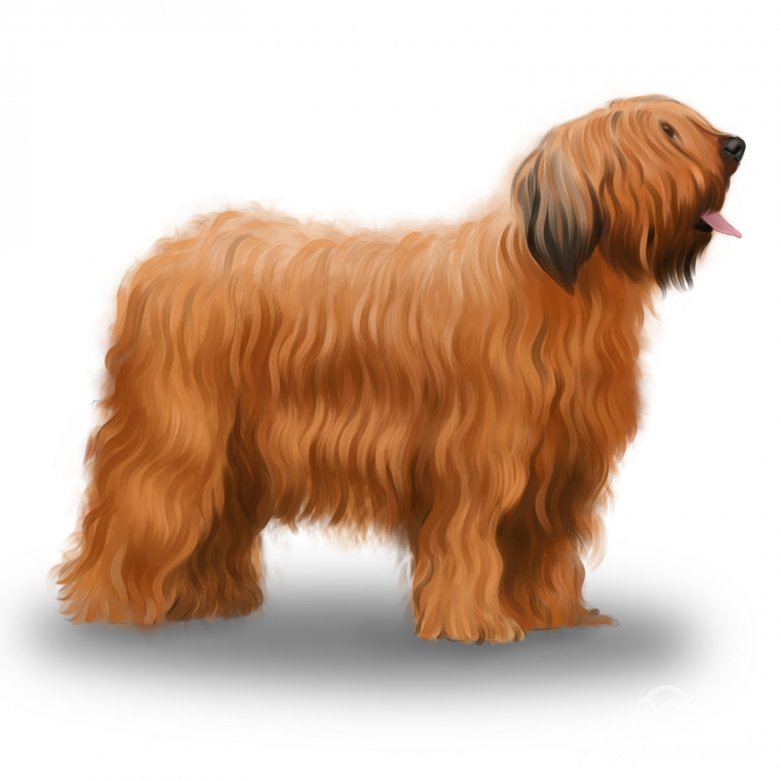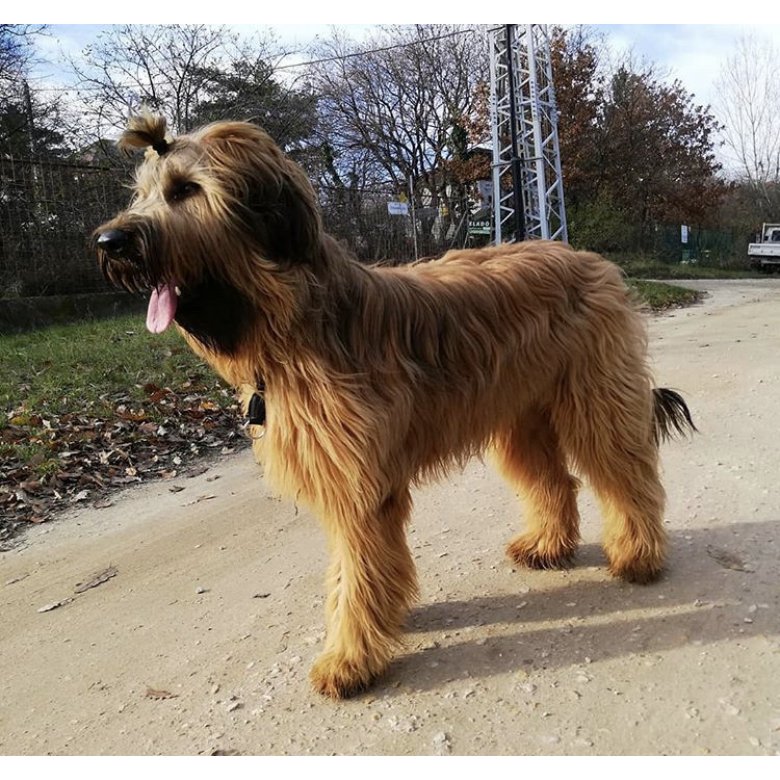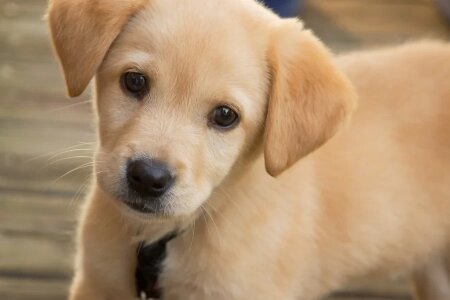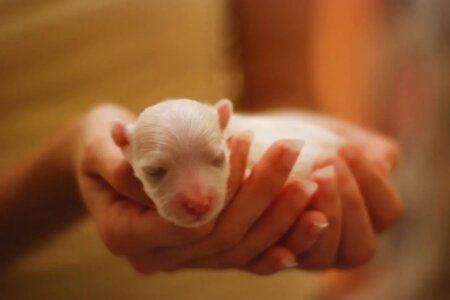Why Briards are great
Briards are large and handsome dogs, with a background in herding, they now make very good family pets, being great in a home environment and particularly tolerant with children. Some highlights:
Low shedding. They don’t make too much mess!
Great with families.
Very playful and very active, great for outdoor lifestyle.
An intelligent breed which can be easy to train.
Things to consider when looking at Briards for Sale
However, with all breeds, we must consider some downsides to the Briard:
They need at least 2-3 hours of exercise every day.
You really should have access to a reasonably sized back garden.
High activity levels and need to be kept entertained.
Can be expensive and difficult to find puppies.
History of Briards
The Briard is of French descent, where dogs of similar shapes and sizes can be seen in ancient portraits. Their background comes from the herding dog breeds and they were and still are highly prized for being large and fearless when it comes to protecting and herding sheep. The name comes from the region of France called ‘Brie’. However, the breed quickly gained wider popularity for these traits and became widely used in the military of France, with Napoleon being said to the Briard dog breed on many campaigns. The dogs would be used to carry supplies to the front line, and are even depicted as a rescue dog, with an incredible ability to assess wounded soldiers. The breed since gained popularity around the world, with Thomas Jefferson taking some back to the United States to be used on farms, however, it wasn’t until the 1960’s when the Briard made it to British soil. The British Briard Club was then established in 1973 and in 1974 the breed was recognised by the Kennel Club.
Appearance
The Briard dog breed is a unique looking breed, with their flowing and long coats and athletic and proud appearance. The breed will always have black lips, dark eyes and black rims and ears that droop down, covered in long hair, but will lift slightly when they are alerted. The hair on the head of a Briard dog is recognisable as a ‘mop’ of hair which will cover their eyes.
How big is the Briard?
Male Briards will get up to 70cm tall at the withers, and females commonly 58-64cm.
How heavy is a Briard?
Males up to 40kg and females between 25-35kg.
What Colour is the Briard?
The long and wavy coat has 3 accepted colours for the Kennel Club registration: Black, Fawn and Slate Grey. Sometimes Briards will have a fawn coat with darker patches on their coat.
Temperament
The Briard is a breed known for courage and intelligence, matched with an energetic and lively nature. They love to play games and be around a family, which can come with the potential downside of needing to be entertained a lot. From a young age, socialisation and play with your Briard puppy is very important, along with introducing them to lots of new people, animals and situations. It is generally said that the Briard isn’t a great choice for first-time owners as they need careful training and handling.
Do Briards make good guard dogs?
The Briard has a naturally embedded trait of being a watchdog. They are very alert and do not need to be taught this trait. However, it is very rare for a Briard to turn aggressive in these situations. Do Briards bark a lot? Briards are very protective and as such can show this vocally if they feel uncomfortable. They aren’t known for excessive barking for no reason, however.
Are Briards easy to train?
We would not recommend Briards as a first-time dog as they do need to be carefully trained due to their dominant nature.
Are Briards playful?
Extremely. Briards are very strong and can sometimes become boisterous, but regular play is necessary to keep a happy and healthy Briard.
Are Briards good with children?
Yes, they make great family pets. However, as mentioned before, they can often forget their size and become dangerous, but they will never intend to do harm.
Are Briards good with other pets?
The very nature of a Briard is to guard flocks of animals (e.g. sheep) and therefore have a high prey drive and like chasing things. They need to be carefully introduced to other pets if this is the case, to ensure they behave properly.
Can I leave a Briard Alone?
A Briard is more than happy to have alone time and can be ok to leave them alone if need be. However, this must not be substituted for regular stimulation.
Health
How long do Briards live?
The average expectancy for a Briard is 11-15 years.
How much exercise does a Briard need?
Briards will need a minimum of 2 hours of exercise per day. Hey are a very energetic breed and so this will usually need to be a mentally stimulating activity, not just a walk in the park.
Care
How much space do I need for a Briard?
Briards really should only live in houses with gardens, ideally large enough for them to patrol and run around.
What should I feed my Briard?
As always, follow your breeders feeding schedule for your Briard Puppy. Briard dogs are not known to be fussy eaters, so feeding a good quality diet in line with the amount of exercise they do is the best way to go. The Briard, however, can be prone to bloat so it is better to feed your Briard twice per day, and not just before or after exercise. How much grooming do Briards need? Briards are considered to be high maintenance when it comes to grooming, with their coats needing daily brushing to stop knots and tangling. Do Briards shed? Briards shed an average amount with an increased amount in Spring and Autumn. If you are looking for a zero shedding dog, the Briard breed is not for you.
Average costs
How much does it cost to keep a Briard?
You can expect to pay £600-£1100 for a Briard puppy. Other costs including food, vet, and insurance will come to around £80 per month.
Specific Buying Guide
You can read our general buying guide here (/advice-on-buying-a-puppy/), with the most important thing being going to view your Briard Puppy, seeing it with its mother, and checking the quality of the breeder. More specifically, here is some Briard puppy buying advice:
If you are looking for Briard puppies for sale, ensure the parents have been CSNB Tested.
Be very careful when visiting the mother, to ensure they have not had more than 4 litters.
Other reading and Rescue, or Briard Adoption Organisations
A big thank you to the following sources who helped to shape this article: https://www.briards.org.uk/portal/ https://www.thebritishbriardclub.org.uk/ https://www.briard-association.co.uk/














